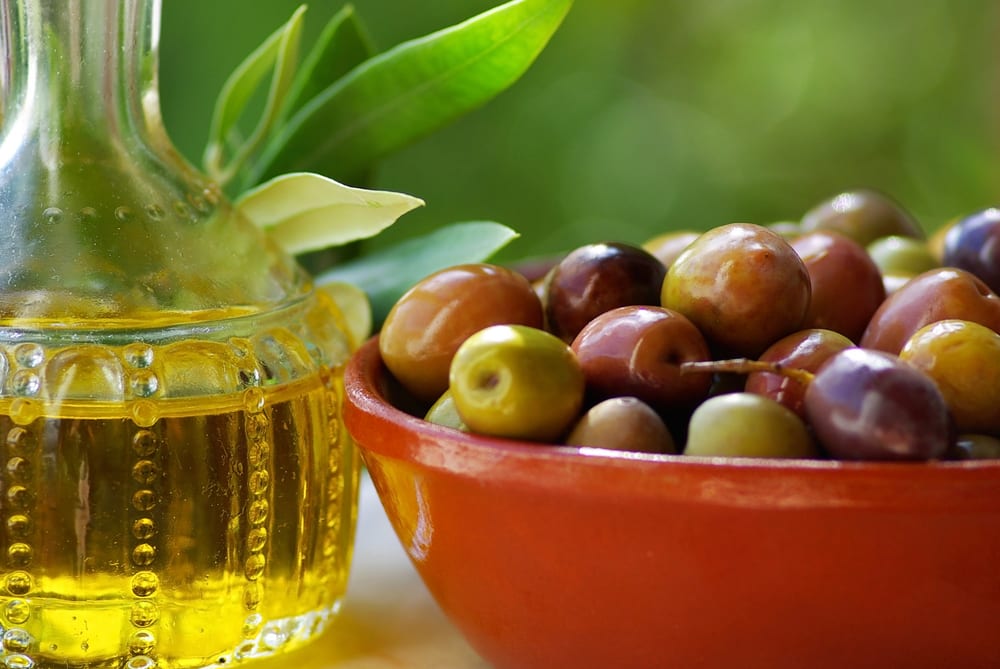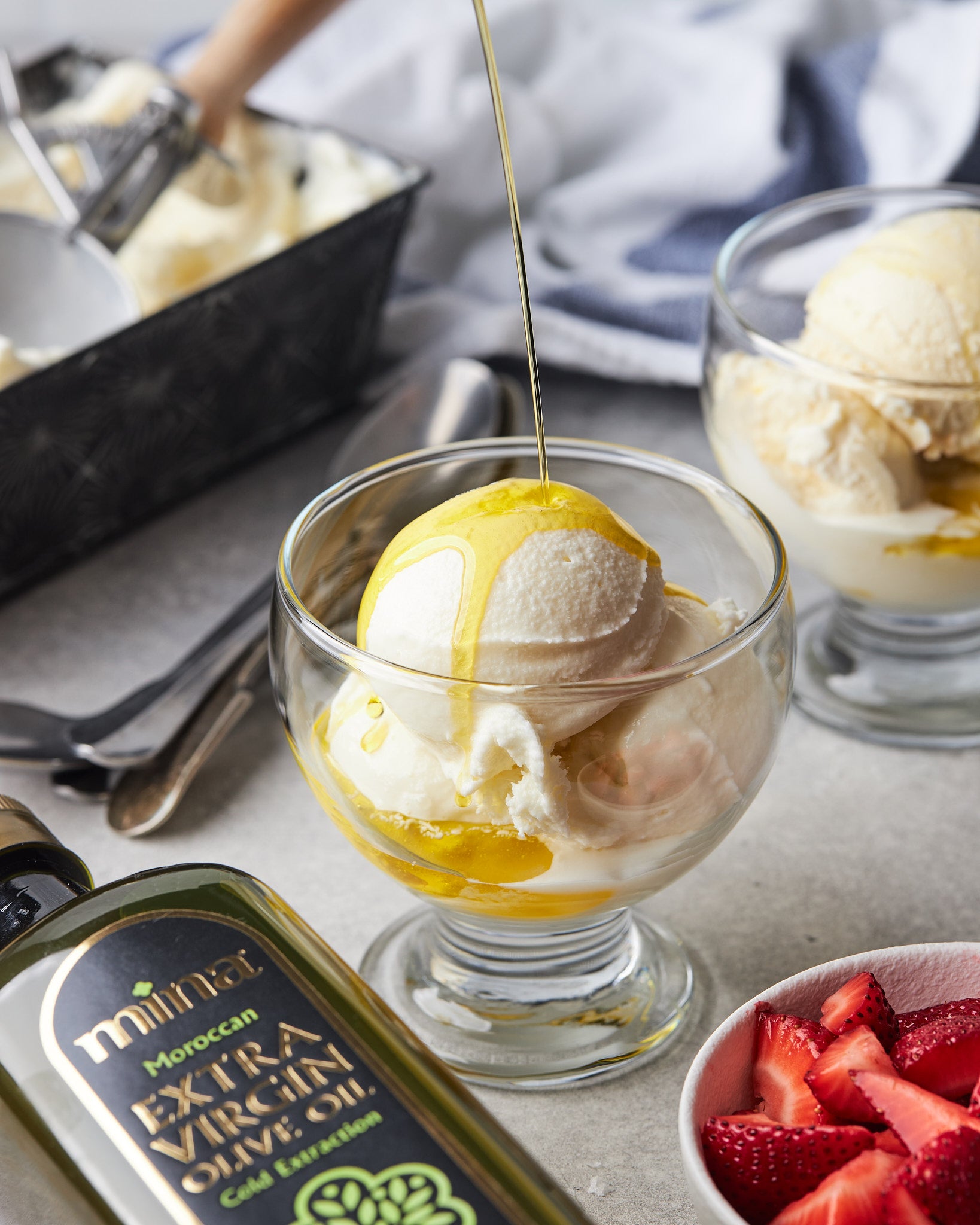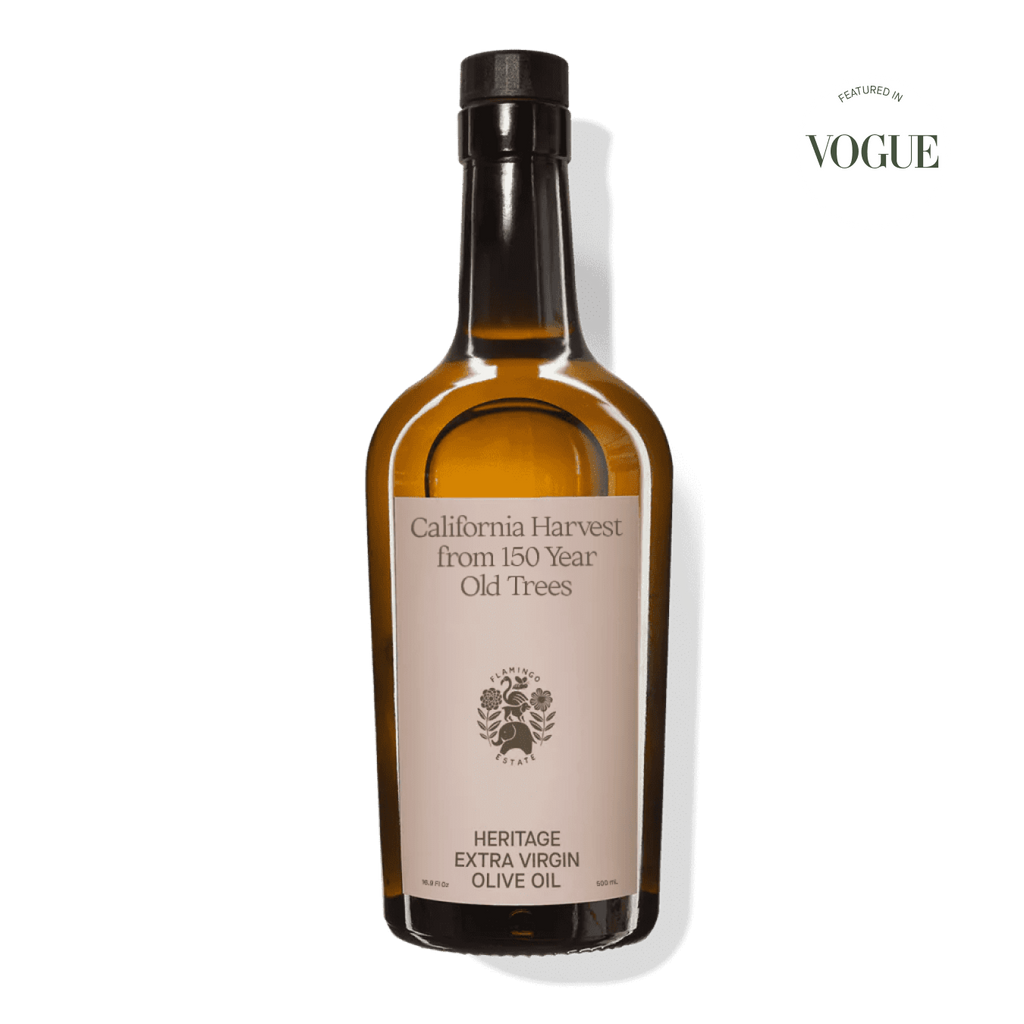Discovering the Different Types of Olive Oil and Their Uses, Including Extra Virgin Olive Oil
The exploration of olive oil incorporates a diverse variety of kinds, each offering culinary applications and distinctive tastes. Extra virgin olive oil, renowned for its premium quality and health and wellness advantages, serves as a staple in lots of cooking areas, yet it is only one aspect of this complex ingredient.
What Is Olive Oil?
Originated from the fruit of the olive tree, olive oil is a staple in Mediterranean food and a vital ingredient in different cooking applications. This functional oil is produced by pressing whole olives, causing a fluid that varies in taste, shade, and fragrance relying on the sort of olives used, the region of cultivation, and the extraction process. Olive oil is mostly made up of monounsaturated fats, specifically oleic acid, which is known for its potential health and wellness benefits, including anti-inflammatory properties and cardiovascular support.
In addition to its culinary uses, olive oil has a lengthy background of application in typical medication and skin care, owing to its abundant antioxidant web content (extra virgin olive oil benefits). The oil is usually made use of in dressings, sauces, and for cooking approaches such as sautéing and roasting. Its distinctive taste profile can improve the taste of different meals, making it a crucial active ingredient for both home chefs and specialist cooks
Additionally, olive oil is celebrated for its role in the Mediterranean diet, which is related to countless wellness advantages. As awareness of these advantages expands, olive oil proceeds to acquire popularity worldwide as a basic part of a healthy and balanced way of life.
Sorts Of Olive Oil
Recognizing the different kinds of olive oil is necessary for both health-conscious customers and cooking fanatics. Olive oil is categorized mainly based upon its removal approach and high quality, which substantially influences its health and wellness, taste, and aroma benefits.

Light olive oil, regardless of its name, describes a lighter flavor and not reduced calories. It is optimal for those seeking an extra refined preference in marinades and dressings. Furthermore, there are flavorful olive oils infused with natural herbs, seasonings, or citrus, which can improve dishes without the demand for extra flavoring.
Each sort of olive oil serves particular culinary purposes, and recognizing these differences enables customers to make informed choices that straighten with their food preparation styles and health and wellness objectives.
Bonus Virgin Olive Oil
Bonus virgin olive oil (EVOO) is extensively regarded as the best olive oil readily available, popular for its rich flavor and many wellness advantages. To be categorized as added virgin, the oil must be created from fresh olives using mechanical procedures, without the use of solvents or too much heat. This meticulous technique protects the oil's all-natural tastes, antioxidants, and healthy fats, causing an item with a low acidity degree of less than 0.8%.
EVOO is bountiful in monounsaturated fats, especially oleic acid, which is connected to minimized inflammation and enhanced heart wellness. It additionally has polyphenols, effective antioxidants that might use safety results against chronic illness. The flavor profile of EVOO can differ significantly relying on the olive range and area of production, varying from fruity and grassy to durable and sharp.

Culinary Use Olive Oil

In cooking, olive oil can be made use of for sautéing, toasting, and barbecuing, supplying a much healthier option to butter or various other fats. Its high smoke factor makes it appropriate for various cooking techniques, while its antioxidants contribute to a heart-healthy diet. Showering olive oil over ended up meals, such as pasta, fish, or smoked vegetables, can elevate tastes and include a touch of beauty.
Additionally, olive oil plays a significant role in baking, where it can change standard fats in dishes for bread and pastries, passing on dampness and a refined taste. It also works as a base for infused oils, enabling cooks to explore flavors such as garlic, natural herbs, or chili, even more expanding its cooking possibility. In general, olive oil's convenience makes it vital in both home and specialist cooking areas.
Choosing Top Quality Olive Oil
When choosing quality olive oil, it's important to take useful link into consideration numerous why not try these out key aspects that affect the product's flavor, health and wellness, and fragrance advantages. Choose for added virgin olive oil (EVOO), which is derived from the very first cool pressing of olives and has the greatest degrees of anti-oxidants and advantageous substances. Look for oils that are accredited by identified companies, as this frequently ensures adherence to strict top quality criteria.
The packaging likewise plays a substantial duty in preserving the oil's stability. Select oils saved in dark glass containers or tins to protect against light deterioration. Pay focus to the harvest day; fresher oils offer exceptional flavor and nutritional worth, so choose items that are within 18 months of their harvest.
In enhancement, consider the origin of the oil. Top notch olive oils frequently originate from specific areas known for their unique flavor accounts, such as Italian, Spanish, or Greek oils. Be aware of the preference; a good quality olive oil should have a balance of fruity, bitter, and peppery notes, suggesting its splendor and intricacy. By assessing these elements, you can ensure you are choosing the most effective olive oil for your cooking demands.
Verdict
In summary, the expedition of various kinds of olive oil reveals unique qualities and applications, with added virgin olive oil representing the pinnacle of high quality due to its low acidity and high antioxidant web content. Comprehending the various varieties of olive oil allows for notified choices in food preparation techniques, advertising healthier practices while improving the general gastronomic experience.
Acquired from the fruit of the olive tree, olive oil is a staple in Mediterranean cuisine and a crucial ingredient in different culinary applications.The most common types of olive oil consist of improved olive oil, pure olive oil, and light olive oil.Extra virgin olive oil (EVOO) is commonly pertained to as the highest high quality olive oil readily available, well known for its rich flavor and various wellness advantages. Opt for additional virgin olive oil (EVOO), which is acquired from the initial chilly pressing of olives and has the highest levels of antioxidants and valuable compounds.In recap, the exploration of different kinds of olive oil reveals unique features and applications, with extra virgin olive oil representing the peak of quality due to its low acidity and high antioxidant content.